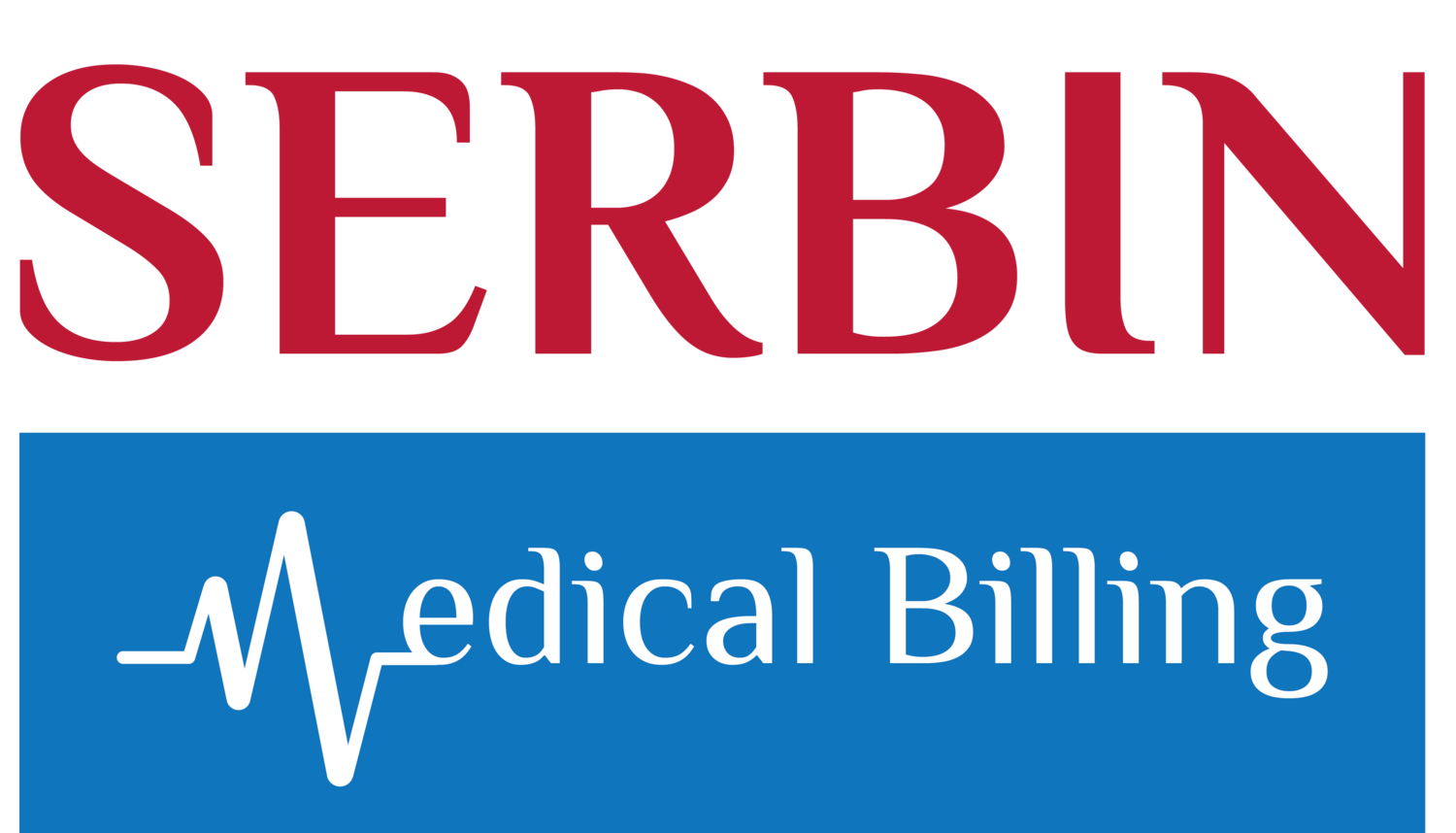Business Office and Administrative Tasks to Do While Your ASC Is on COVID-19 Recess
During this unprecedented pandemic sweeping the country and the world, don’t allow fear to lead you as you’ve watched your ASC’s case volume decrease or stop altogether, and are possibly faced with daunting decisions. It’s important instead to view this as an opportunity to strengthen other areas of your ASC that may not receive the attention they deserve during normal operations.
“Patient care” has always been the primary role of your surgery center. Now you should take the available time and turn it into “employee and operations care.” Two areas to focus on during this period are the business office (revenue cycle) and workflow/administrative functions.
Provide your team with a sense of purpose during this uncertain time by doing the following:
Help employees work remotely.
Keep your business office staff working! It may not be in their typical role, but there is still plenty of work to do and your staff may be willing and even happy to do it.
Develop a plan addressing the business office areas most affected by the decreased volume.
Determine your employees’ abilities and assign them tasks that employ their strengths.
The following are a few suggestions of business office and administrative tasks that can be accomplished remotely and allow you to continue to utilize and employ staff in a worthwhile manner.
1. Consolidate Staff Roles
Examine your business office staff tasks. What will the decreased case volume affect the most?
Scheduling, insurance verification, patient financial counseling, registration, coding, charge posting/billing and payment posting will likely be the most affected.
Determine the strength of each of these employees and, as volume decreases, transfer the remaining volume to these stronger employees.
Determine where the remainder of the employees can be best utilized. Consider the following:
Develop/maintain training manuals.
Establish payer guides, develop physician and staff education, and assess trending and denials.
Assign payment posters to review credit balances.
Use charge posters to review clearinghouse denials.
Use schedulers/registration/verification staff to review registration denials, contract loads, fee schedule review and collections.
Use coders to review coding denials and to research/gather payer clinical policies.
2. Perform Collections
Your collectors should continue to collect during this period while working remotely. Take this time to focus on cleaning up your existing ASC accounts receivable (A/R). Work payer trends; identify adjustable accounts.
Existing A/R
Create a spreadsheet for each of your collectors to list accounts that are "not collectible" and need to be reviewed for possible adjustment.
Assign someone (management level) to review these and approve/deny. Adjust as deemed necessary.
Denials
Assign a team member (possible choices include a charge poster, coder or payment poster who have a low task volume) to pull denials and trend them (i.e., determine the reasons for payer issues).
Assign a coder to review coding denials and research payer clinical policies for denial accuracy. In addition, have them create staff and physician education notes concerning these denials.
Credit balance review/clean up
Run a report of all the open credit balances and assign a payment poster to review each account to determine if it’s a true credit balance or posted incorrectly. Task the payment poster with correcting any that can be corrected and refunding those that need to be refunded. You can have them create a schedule for refunding once you are able.
3. Assess Fee Schedule
Use payment poster/verification staff to conduct a fee schedule assessment.
Compare it to reimbursement rates.
Make a list of suggested changes/additions.
Get governing body approval.
Make appropriate changes.
4. Review Managed Care Contracts
Use scheduler/registration staff/patient financial counseling/verification to analyze your managed care contracts.
Ensure that all contracts are entered into revenue cycle management software system.
Audit to ensure all updates have been completed.
5. Perform Payer Updates
Use scheduler/registration staff/patient financial counseling/verification to conduct payer updates.
Ensure Medicare and other payers’ rates have been updated for 2020.
Check for any newly released Medicare codes/updates.
Tasks coders with building a payer clinical policies resource library.
6. Analyze Compliance Plan
Unused staff can be used to research, develop, update and strengthen your compliance plan.
Ensure controls are in place for revenue cycle employees to follow for consistent, compliant billing practices.
Check that your plan is current with state and federal guidelines, including OIG and HIPAA regulations.
Consult with your IT provider regarding any new “breach” regulation requirements.
7. Examine Business Office Policies and Procedures
Unused staff can be used to review and update your business office policies and procedures.
Update your business office policies and procedures manual to include:
Center policies and how-tos for each business office position
Person(s) responsible for which tasks
Clearly defined financial policies
Ensure you have a master copy of these policies and best practices in the administrator’s office.
Provide business office employees with a copy of the pertinent, updated sections concerning their tasks.
8. Catch Up
Use this time to complete the following:
Audits
Performance evaluations
Training
Education
Key takeaway: This is the time to fix anything that is broken, outdated and/or in need of improvement in your business office. Maximizing the time you have available now to strengthen processes will help your ASC return to normal operations more effectively following the pandemic while ensuring an improved revenue cycle performance.
Request Consultation


